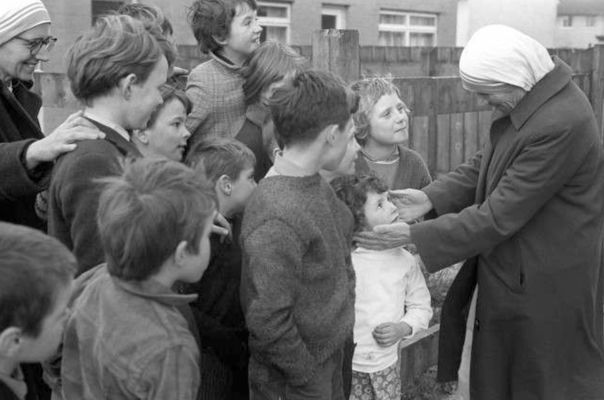THE principal of St Kieran’s Primary School in Poleglass has written to parents to reassure them that the school is doing everything they can after two Primary 4 children in the same class tested positive for Step A.
In the letter which has been seen by the Andersonstown News, Principal Philip Fusco said: “I have tried to contact the PHA for advice this morning via their out of hours service, but there has been no response.
“This is the second confirmed case in the school in five days. Once there has been two confirmed cases I have to inform the PHA, but I am not aware if the length of time between these two cases will count as a cluster of cases as they are five days apart.”
Mr Fusco told parents that he will continue to try to make contact with the PHA this morning for clarity on the situation.
“I know this is worrying for you as parents, but vigilance and good hygiene practices within the school are being enforced to minimise the spread of this infection and other winter bugs which circulate at this time of year,” he continued.
“There is no advice in relation to children not attending school. Nor is there any advice in relation to children who have been in contact with a Strep A case being issued with antibiotics. These are issues I will need to clarify today and I will update you immediately via Seesaw.”
Public urged to be alert to signs of group A strep. Further information at https://t.co/Gjh6HhHsXW pic.twitter.com/TArwCL7sBW
— Public Health Agency (@publichealthni) December 6, 2022
Group A streptococcus bacteria usually cause a mild infection producing sore throats or scarlet fever that can be easily treated with antibiotics. In very rare circumstances, these bacteria can get into the bloodstream and cause serious illness – called invasive Group A strep (iGAS).
As well as an increase in notifications of scarlet fever, which is above the levels we usually see at this time of year, the Public Health Agency is also aware of a higher number of cases of iGAS being reported across the UK.
While iGAS is still uncommon, it is important that parents are on the lookout for symptoms of illnesses caused by group A streptococcus bacteria and seek medical advice so that their child can be treated appropriately and to help prevent the infection becoming serious.
Scarlet fever mainly affects children under 10, but people of any age can get it. In the early stages, symptoms include a sore throat, headache, and fever, along with a fine, pinkish or red body rash with a sandpapery feel. On darker skin, the rash can be more difficult to detect visually but will have a sandpapery feel.
The PHA is asking parents to contact their GP if they suspect their child has scarlet fever, because early treatment with antibiotics is important to reduce the risk of complications such as pneumonia or a bloodstream infection.
There can be a range of causes of sore throats, colds and coughs. These should resolve without medical intervention. However, children can on occasion develop an infection and that can make them more unwell.
The PHA is also urging parents to seek help if their child is very unwell or seems to be getting worse – even if they have started treatment. Parents should contact their GP if they feel:
- their child is getting worse;
- their child is feeding or eating much less than normal;
- their child has had a dry nappy for 12 hours or more or shows other signs of dehydration;
- their baby is under 3 months and has a temperature of 38°C, or is older than 3 months and has a temperature of 39°C or higher;
- their baby feels hotter than usual when they touch their back or chest, or feels sweaty;
- their child is very tired or irritable.
Call 999 or go to the Emergency Department if:
- your child is having difficulty breathing – you may notice grunting noises or their tummy sucking under their ribs;
- there are pauses when your child breathes;
- your child’s skin, tongue or lips are blue;
- your child is floppy and will not wake up or stay awake.






